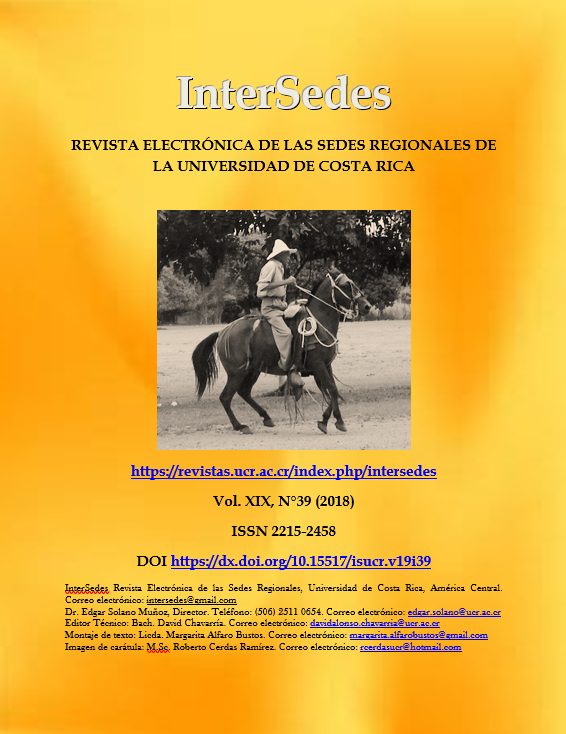Resumen
The aim of this article is to analyze the students’ performance before and after a comic-based didactic sequence to learn English vocabulary among 11th and 12th graders from a public and a semi-public school in Chile. This research was conducted through intervention sessions in which students were exposed to comic-based instruction- the reading of a comic as first visual aid, classroom activities based on the comic strip and the production of comics based on the words learned in the lesson, using the Presentation, Practice and Production approach to language teaching. Research practitioners used pre and post-testing before and after the intervention respectively to collect the data required. The results showed a statistically significant difference between the pre and post tests conducted in both schools, therefore the comic-based instruction was effective as students proved to have learned the vocabulary taught


